I mentioned a couple of blog posts ago that one of my upcoming non-fiction reads was going to be The Unthinkable: Who Survives When Disaster Strikes - And Why. I've been slowly working my way through it during lunch breaks, and while some parts have certainly been more interesting than others, the whole thing has been reasonably thought-provoking. Each chapter focuses on a different event - a different disaster - and uses examples of something someone did during that disaster to explain the concepts.
One chapter in particular focuses on resilience and highlights the actions of an Israeli police general when he was put on the spot during a high-stakes undercover case earlier in his career. He was able to keep his cool and improvise in a situation where failure to do so would have revealed his identity as a cop and gotten him killed. The chapter basically explores what types of people are more resilient than others and asks whether these people are naturally resilient or if something in their training/upbringing has made them that way.
As a writer of resilient characters, I found this whole chapter really interesting. Those of you who have read my books know that some of my characters have questioned Ziva Payvan's level of resilience and often attribute it to being genuinely cold-hearted and apathetic. While it has been established that she has really screwed herself up emotionally and therefore these things might be at least partially true, I've also tried to make it very clear that these attributes are still necessary to an extent because of the nature of her work. She has to distance herself and keep fighting every day in order to survive.
Here are a couple of snippets from the "Resilience" chapter that I liked:
Resilience is a precious skill. People who have it tend to also have three underlying advantages: a belief that they can influence life events; a tendency to find meaningful purpose in life's turmoil; and a conviction that they can learn from both positive and negative experiences. These beliefs act as a sort of buffer, cushioning the blow of any given disaster. Dangers seem more manageable to these people, and they perform better as a result. "Trauma, like beauty, is in the eye of the beholder," says George Everly Jr., at the Johns Hopkins Center for Public Health Preparedness in Baltimore, Maryland.
This makes sense. A healthy, proactive worldview should logically lead to resilience. But it's the kind of unsatisfying answer that begs another question. If this worldview leads to resilience, well, what leads to the worldview?
The answer is not what we might expect. Resilient people aren't necessarily yoga-practicing Buddhists. One thing that they have in abundance is confidence. As we saw in the chapter on fear, confidence - that comes from realistic rehearsal or even laughter - soothes the more disruptive effects of extreme fear. A few recent studies have found that people who are unrealistically confident tend to fare spectacularly well in disasters. Psychologists call these people "self-enhancers," but you and I would probably call them arrogant. These are people who think more highly of themselves than other people think of them. They tend to come off as annoying and self-absorbed. In a way, they might be better adapted to crises than they are to real life.
Now, I wouldn't by any means consider Ziva's worldview "healthy" or "proactive," but she is very confident and could probably be considered arrogant in at least some situations. There's even a part in Ronan where she admits to being unfazed by a situation because she's confident in her skills and training and knows she's at least capable of putting up a fight, whereas other characters who don't have her experience would be virtually helpless. The last line of that section reminds me of a conversation she has in Nexus, in which she is asked why she feels compelled to continue on with her precarious lifestyle even after debilitating events. She responds by saying, "Surviving is all I know how to do."
The chapter goes on to talk a little bit about dissociation and how some people are considered resilient because they completely zone out in the face of disaster. This, however, is not necessarily a good thing, especially for someone like Ziva who is doing precise - and life-threatening - work.
There are different kinds of resilience. If all you need to do is walk down the stairs, moderate dissociation might be a perfectly fine response. If, however, you need to manipulate equipment or solve problems, you might have more trouble. "Military folks have to actively engage in their environments to go find an enemy or do something. So the tendency to pull away impairs their performance," Morgan* explains. When we dissociate, the parts of our brains that handle spatial mapping, working memory, and concentration start to fail. If you are, say, a Special Forces soldier in a hostage rescue unit - tasked with entering buildings undetected, navigating in low light, and shooting the hostage-takers, not the hostages - losing these particular skills is problematic.
*Charles Morgan III, associate clinical professor of psychiatry at Yale University and the director of the human performance laboratory at the National Center for Post-Traumatic Stress Disorder
So there are my random musings from this book. There are a couple more chapters with potentially juicy material, so you may be hearing more from me. It's interesting, and, honestly, confidence-boosting to read things like this and know I've done a reasonable job making my characters realistic.








